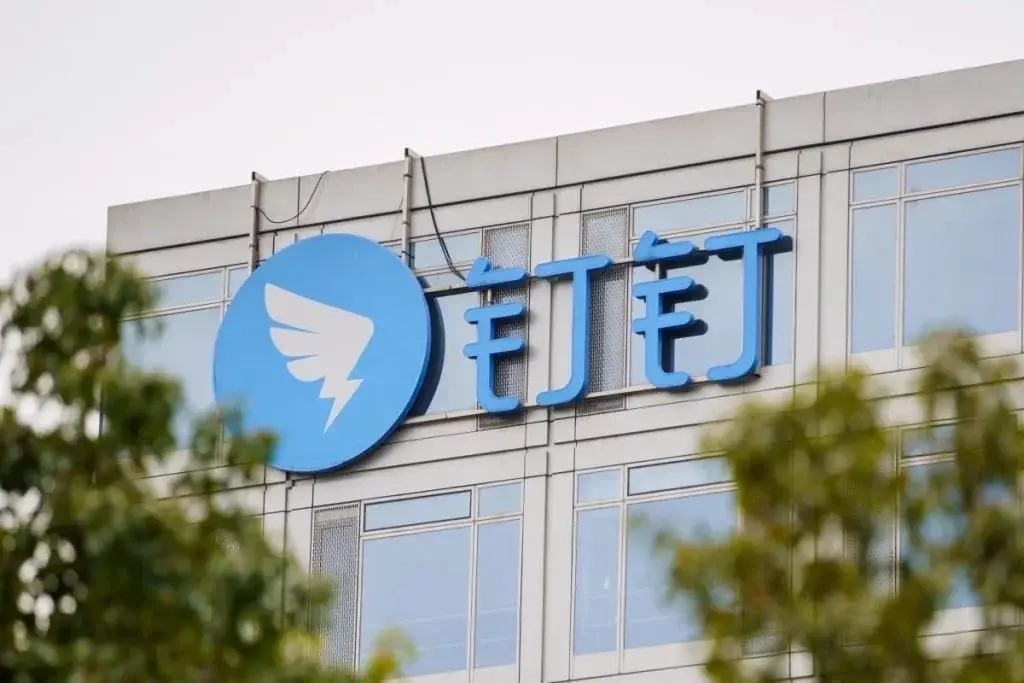Earlier this month during CES, prominent laptop and PC manufacturers introduced their upcoming line of devices set to enter the market very soon.
A significant portion of these releases comprised laptops showcasing the most recent AMD or Intel processors, emphasizing the incorporation of AI capabilities. Preceding the market debut of these laptops, Microsoft delineated the criteria that define an AI-driven laptop.
Microsoft’s Criteria for AI-Enabled Laptops
Per TrendForce, Microsoft now stipulates that laptops embedded with AI functionalities ought to possess a minimum of 16 GB of RAM. This directive aims to stimulate an increased demand for DRAM, thereby potentially diminishing the popularity of devices equipped with 8 GB of RAM.
Proximity of AI Applications to Devices
This phenomenon forms part of a broader trend wherein AI applications progressively move closer to the locations where we interact with our devices, transcending the realm of large-scale servers. Projections indicate a substantial expansion in the global AI server market, foreseeing an influx exceeding 1.6 million units coupled with a growth rate of 40%.
Imperative of High Performance in AI-Centric PCs
Regarding these AI-focused PCs, a prerequisite for viability is the ability to execute a minimum of 40 trillion operations per second (TOPS). This criterion has effectively catalyzed a vigorous competition among manufacturers of computer chips.
Intensification of the Chip Industry Contest
Currently, Qualcomm’s Snapdragon X Elite stands as the solitary chip meeting the 45 TOPS benchmark essential for operation. While Intel’s Meteor Lake and AMD’s Ryzen 8040 marginally fall short, the imminent release of the AMD Ryzen 8050 and Intel’s Lunar Lake—anticipated to debut by the latter half of 2024—show promise in meeting the specifications.
By adhering to regulations promptly, Qualcomm has positioned itself advantageously for product promotion. The inaugural "Windows AI Ultrabooks" will integrate the Snapdragon X Elite, with major players such as Dell, Lenovo, and HP gearing up to develop products leveraging Qualcomm’s technology. This development presents a challenge for Intel and AMD, traditionally dominant in the PC market.
Ramifications on Memory Technology
The guidelines set forth by Microsoft will also engender shifts in the type of memory technology employed. The shift towards LPDDR5x from the prevailing DDR SO-DIMM modules will take place due to its superior data transmission capabilities essential for AI tasks. Industry analysis by TrendForce indicates that approximately 30-35% of the PC DRAM demand will transition to LPDDR, a figure expected to escalate in tandem with increasingly stringent AI PC prerequisites.










